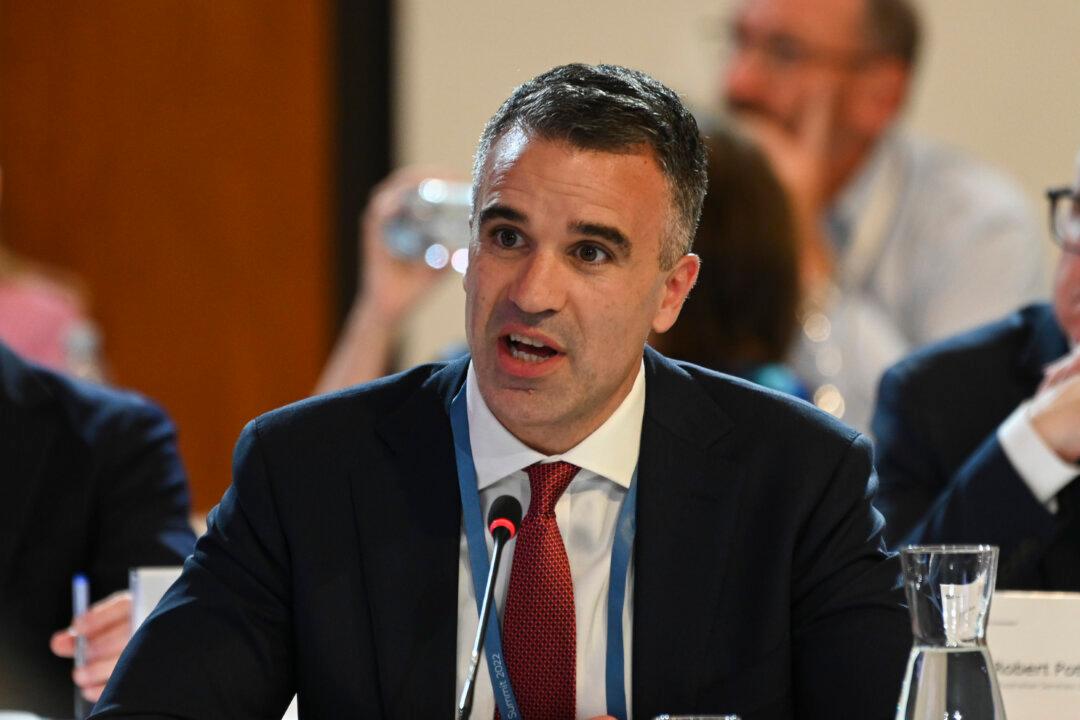South Australia’s decision to delay its Voice to Parliament is a “cynical ploy” to stop the public from understanding the full implications of changing the country’s Constitution, says the Institute of Public Affairs.
The free-market think tank’s comments come after South Australia’s Labor government announced it would delay elections for its state-level First Nations Voice until March 16, 2024, to avoid “confusion” with the federal proposal. The original date for voting was set on Sept. 9, 2023.





